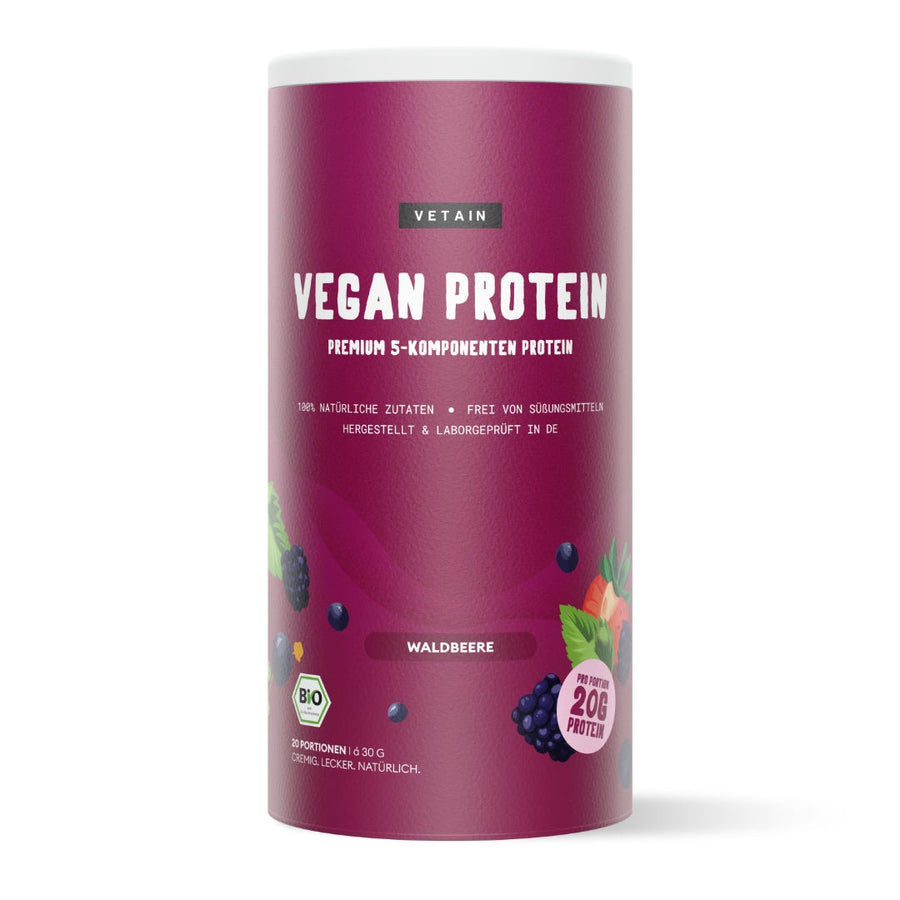protein is a fundamental building block of life and one of the macronutrients in our diet. It is known for contributing to the growth and maintenance of muscle mass and the maintenance of normal bones. But how much protein do we really need? This question has sparked discussions in both the scientific community and among fitness enthusiasts. In this article, we’ll take a look at current studies and recommendations to shed light on the topic of protein requirements.
The Basics of Protein Requirements
According to the German Nutrition Society (DGE), the recommended daily protein intake for adults is about 0.8 grams per kilogram of body weight. This value serves as a baseline guideline for the average adult who leads a predominantly sedentary lifestyle and does not exercise regularly.
Protein Requirements for Athletes
For individuals who exercise regularly, especially strength training, studies suggest a higher protein requirement. A study published in the Journal of Sports Sciences suggests that athletes should consume between 1.2 and 2.0 grams of protein per kilogram of body weight.
Protein and Dieting
Scientific studies discuss that increased protein intake can influence factors such as satiety or energy expenditure.
Klar belegt ist: Protein contributes to the maintenance of muscle mass. Especially during a calorie-restricted diet, it may therefore be useful to ensure adequate protein intake to support muscle preservation.
Maximum Protein Intake
There is also an upper limit to the amount of protein our body can effectively use. A study published in the Journal of the International Society of Sports Nutrition indicates that consuming more than 2 grams of protein per kilogram of body weight provides no additional benefits for muscle growth.
Considering Individual Differences
It’s important to note that protein requirements can vary from person to person. Factors such as age, sex, body composition, health status, and activity level play a role in determining individual protein needs.
Protein Quality
Besides the amount, the quality of consumed protein is also important. Complete protein sources that contain all essential amino acids are preferable. This includes both animal and plant-based protein sources. Since plant-based proteins often don’t have a complete amino acid profile, it’s especially important for those on a vegan diet to combine different sources to meet their protein needs. This way, the various protein sources complement each other in their amino acid profiles.
%-split_content-%
Conclusion
The amount of protein you need each day depends on a variety of factors, including your activity level, your health goals, and your individual body composition. While general guidelines provide a good starting point, it’s advisable to adjust your protein intake based on your personal needs and goals. A balanced diet rich in high-quality protein sources is a solid foundation for many.
Want to learn more and find out how much protein you need per day? Then head over to our article "How much protein per day"!















 6 Min
6 Min
 Zuletzt aktualisiert am 30.10.2025
Zuletzt aktualisiert am 30.10.2025


